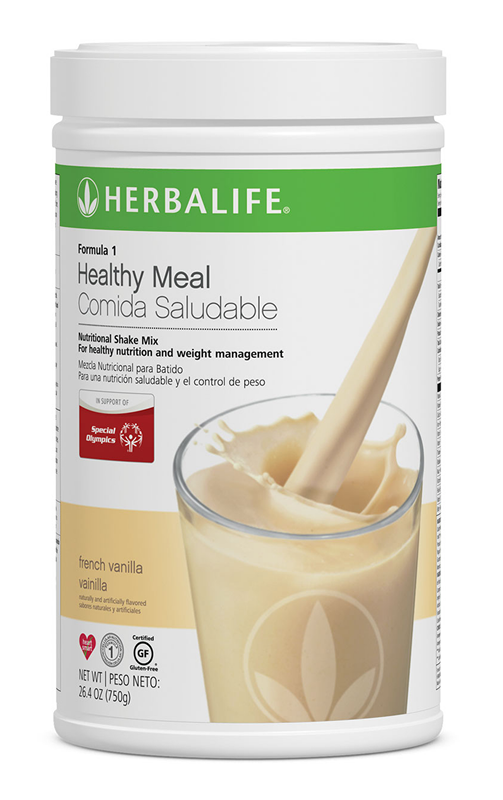Can Women Design Their Life After Menopause?
AboveMenopause, the final menstrual period happens when women stop menstruating for twelve consecutive months. For most women it is a natural event. Menopause has been a very important milestone in my life because it has empowered me to embrace the aging process. Most noteworthy, we use this turning point to take better care of our health by celebrating menopause and not fearing it. This is a wonderful opportunity for women to reinvent themselves while moving forward with confidence into the future.
Types of Menopause
Natural menopause occurs between ages 45-55. Many women usually stop menstruating at an average age of 51. Some women have a surgical menopause (both ovaries removed at surgery). Radiation treatment to the pelvis may damage the ovaries. Premature menopause happens when women stop menstruating before age 40.
Because of advances in medical science and technology people are living longer. The average lifespan for women in the United States is age 80, for men age 78 years. Above all, menopause prepares women to live a long and healthy life. Maintaining our independence as we age is noteworthy.
Common Menopause Symptoms
The female hormone estrogen is made in our ovaries. It is necessary for menstruation to occur. As we approach the age of menopause, estrogen levels begin to fall, the menstrual periods become irregular until they finally stop. It is
during this time (menopause transition) that many women experience symptoms associated with low estrogen levels (hot flashes with or without sweating at nights, difficulty sleeping, psychological symptoms, mood swings, memory loss, sexual problems). Thinning of the vaginal lining causes vaginal dryness, painful sex which can be quite distressing.
What is a Hot Flash?

Hot flashes are common in women. Estrogen acts on areas in cells in our bodies called receptors. Receptors are found in tissues throughout the body including structures in the brain responsible for regulating body temperature. This mechanism does not work very well when estrogen levels are low. Internal body temperature rises when our body is overheated. The body will not work as well when it gets too hot. It has to cool itself and this is done by sweating.
Some women feel cold after a hot flash because of the amount of heat that is lost. Hot flashes may be mild, moderate or severe. Some women have told me that they have no idea what a hot flash is. They say they have never experienced it. The severity of the hot flash depends on the amount of estrogen produced by our ovaries and how quickly the levels fall. We have less hot flashes when estrogen levels are stable.
Sleep Disturbances
Difficulty falling asleep or staying asleep can be a big problem if hot flashes and sweating occur at nights (night sweats). When we do not get enough sleep or rest we have mood swings, get irritable, cry easily and feel tired at the start of the day. This affects how we function and interact with others.
Sexual Dysfunction
The vaginal tissues are very sensitive to estrogen. When estrogen levels get too low, the lining gets very thin and break easily. Sexual intercourse can be very painful when there is dryness, itching, burning. Women feel embarrassed, may not want to talk about it, suffer in silence, try to avoid having sex which can result in relationship problems. Without the fear of pregnancy women with active sex lives enjoy more positive experiences. There is a feeling of entering into their second spring. The vagina is a muscular tube. There is a saying if you don’t use it you lose it.

Symptom Relief
Ladies have no fear, there is no need to suffer in silence. There are treatment options to help us achieve a good quality of life. Hormone therapy helps moderate to severe hot flashes. Women within 10 years of menopause with a low risk of having a stroke, blood clot, breast cancer can take hormone therapy. Women who do not want to take hormones may consider other products not containing hormones. (eg. Antidepressants, Gabapentin). Complementary and alternative treatments (eg. Soy, Black Cohosh, Behavioral Therapy, Acupuncture) are other products available for use. Vaginal rings, ovules, creams, gels, moisturizers give symptom relief when problems are in the vaginal area.
Lifestyle changes

70% of the quality of your health is the result of your lifestyle, 30% is due to your genes. We lessen the effects of high blood pressure, diabetes, arthritis, heart disease when we achieve a healthy and more active lifestyle. Lifestyle changes, most notably weight management, regular exercise, stress management can significantly lower heart disease, heart attack risk. Walking is certainly good for our health. Osteoporosis (brittle bone disease) causes bones to get weak, break easily with no significant trauma. You can prevent breaking bones. Increase the strength of bones and joints by doing weight-bearing exercise, taking Calcium and Vitamin D supplements. Improve your diet. Eat even more foods that are rich in Calcium and Vitamin D.
Designing your life
Can you design your life? of course! The key to a healthy and fulfilling life in the menopause and postmenopausal years is to recognize that this is an opportunity for us women to assess our current health status. Understand that it is never too late to achieve a healthy and more active lifestyle. Eat healthier foods, screen for breast cancer (mammogram), colon cancer (colonoscopy), bone density testing for osteoporosis, low bone mass, fasting blood sugar, thyroid screen, cholesterol, STD, HIV if you have a new partner. This approach would indeed add life to years and not years to life. Have fun (I love to dance), socialize with friends, family. Enjoying more of our life with family and friends is what we want to achieve.
Health is a state of complete physical, mental and social well-being and not just the absence of disease or infirmity. – World Health Organization
